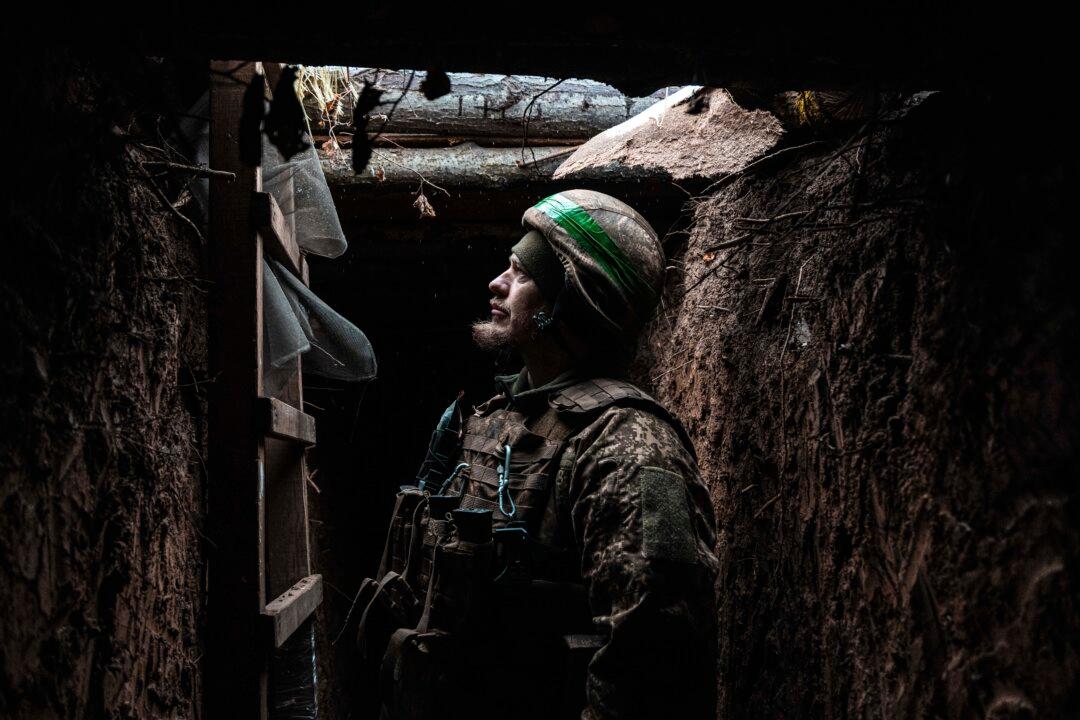Ukrainian lawmakers voted on April 16 to extend the country’s term of martial law, continuing their wartime authorities and pushing back any possibility of holding new elections until at least August.
Ukraine’s Parliament, the Verkhovna Rada, initially declared martial law on Feb. 24, 2022, as Russian troops rolled into the country. Lawmakers in Kyiv have continued this martial law declaration in 90-day increments for the past three years.





